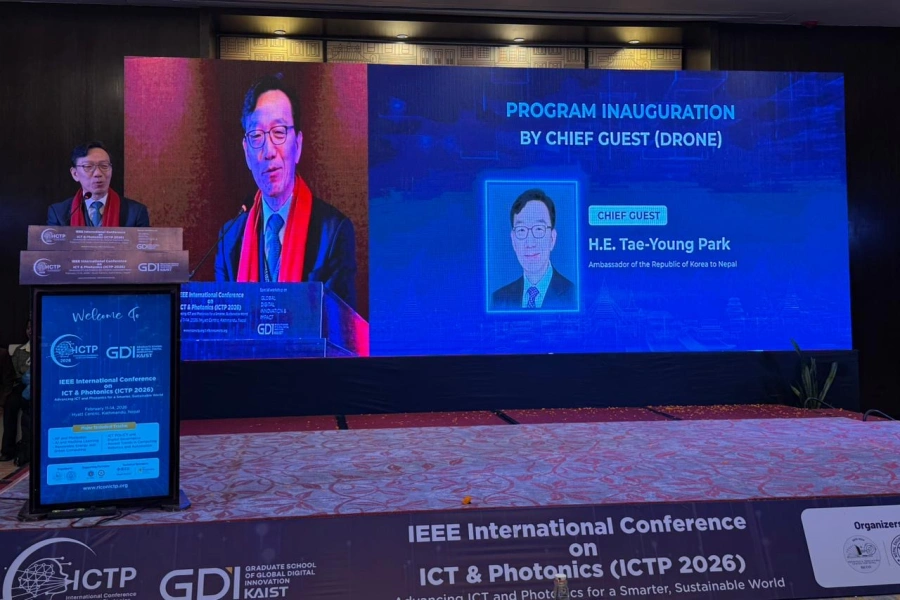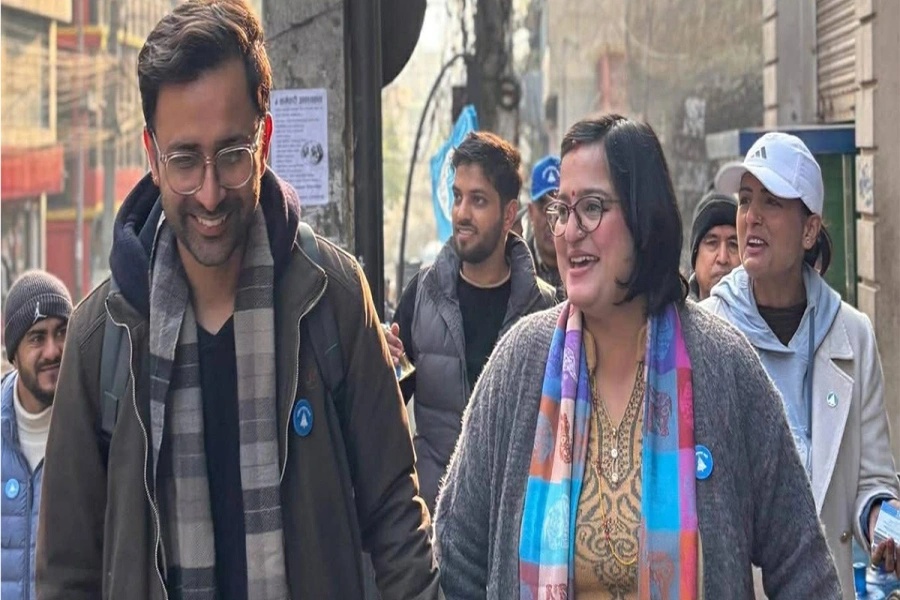In principle, Nepal’s foreign policy is guided by the charters of United Nations, SAARC and non-alignment policy. Amity with all and enmity with none has been guiding principle of our foreign policy The ideals envisaged in these policies are directed toward safeguarding sovereignty, territorial integrity and independence of Nepal without getting involved in controversies between any major powers in the world. But in practice, those in power seem to deviate from these principles time and again. It may not be exaggeration to say that our foreign policy conduct has been guided by which particular parties, or even which particular leaders, are in power. There is a tendency among leaders to disown some foreign policy decisions taken by previous governments. Nepali leaders tend to downplay importance of some of the best policies introduced by their predecessors. A leader tends to project himself as more friendly toward certain major powers at the cost of isolating others merely to secure regime at home. Such deviations have not helped in safeguarding country’s core interests, leaving space for external actors to unnecessarily meddle in domestic politics, or even inviting outside actors to have their say in the matters that should be handled purely by domestic actors. Thus a broader consensus-based foreign policy has been long felt in Nepal.
PM Oli calls for forging national consensus on foreign policy

In this context, the initiative of Ministry of Foreign Affairs (MoFA) to hold a National Dialogue on Foreign Policy (NDFP) on June 29 to formulate a common view on foreign policy in view of the changed political reality following the promulgation of new constitution is a welcome step. According to the plan, Foreign Ministry will hold interactive discussions among political leaders, former foreign ministers, retired diplomats, experts from various sectors, think tank members and media persons. Ideally, this is how it should be for with the changing political dynamics, our foreign policy priorities should also change. During the transitional politics, Nepal needed support for completing peace process and as such sought help from international agencies including the UN. With the promulgation of new constitution and formation of governments in three levels, Nepal has formally come past transitional era and embarked on new phase of development and prosperity. Our foreign policy orientation at the moment should therefore be to garner international support for achieving goals of prosperity and development. At the same time, Nepal also seems to stand at the cusp of push and pull between major powers. While China is increasing its footprint in Nepal through Belt and Road Initiative (BRI), of which Nepal is already a signatory and an active member, the US, China’s rival, is apparently seeking to downplay growing Chinese influence through its Indo-Pacific Strategy. As China and the US, the two major world powers, are in prolonged trade war, how Nepal responds to it may be keenly watched by these powers. Nepal at the moment needs a consensus on how to deal with China, the US and India, besides other major Western powers. For this, there should be a broader discussion among leaders of political parties and other concerned stakeholders on these pressing issues. And this can be done only when the proposed National Dialogue or similar other initiatives allow healthy and rigorous discussion on key priorities of Nepal.
It cannot be accomplished merely through one-day event or piecemeal approach of inviting members of certain think tanks, political parties, former foreign secretaries and ministers and former prime ministers in the discussion. For in practice, we have been doing this on and off. Every time, prime minister embarks on state visit of certain countries, such discussions are held but there are no follow ups. Nepal needs result-oriented discussions on foreign policy issues. The government needs to be able to build a consensus among all parties. This will determine success or failure of National Dialogue.






































